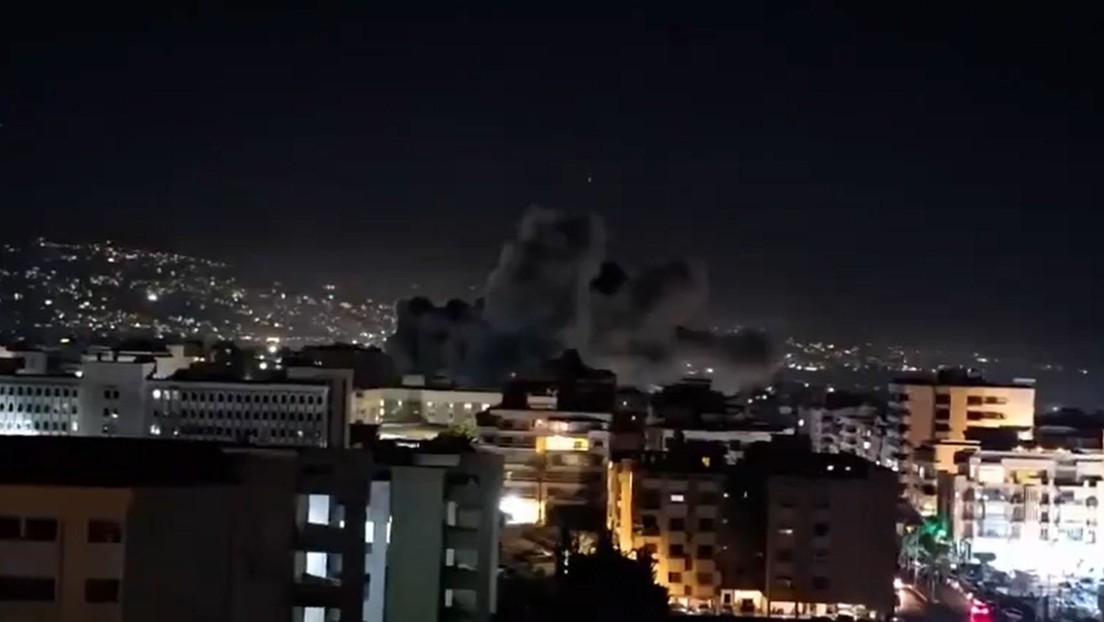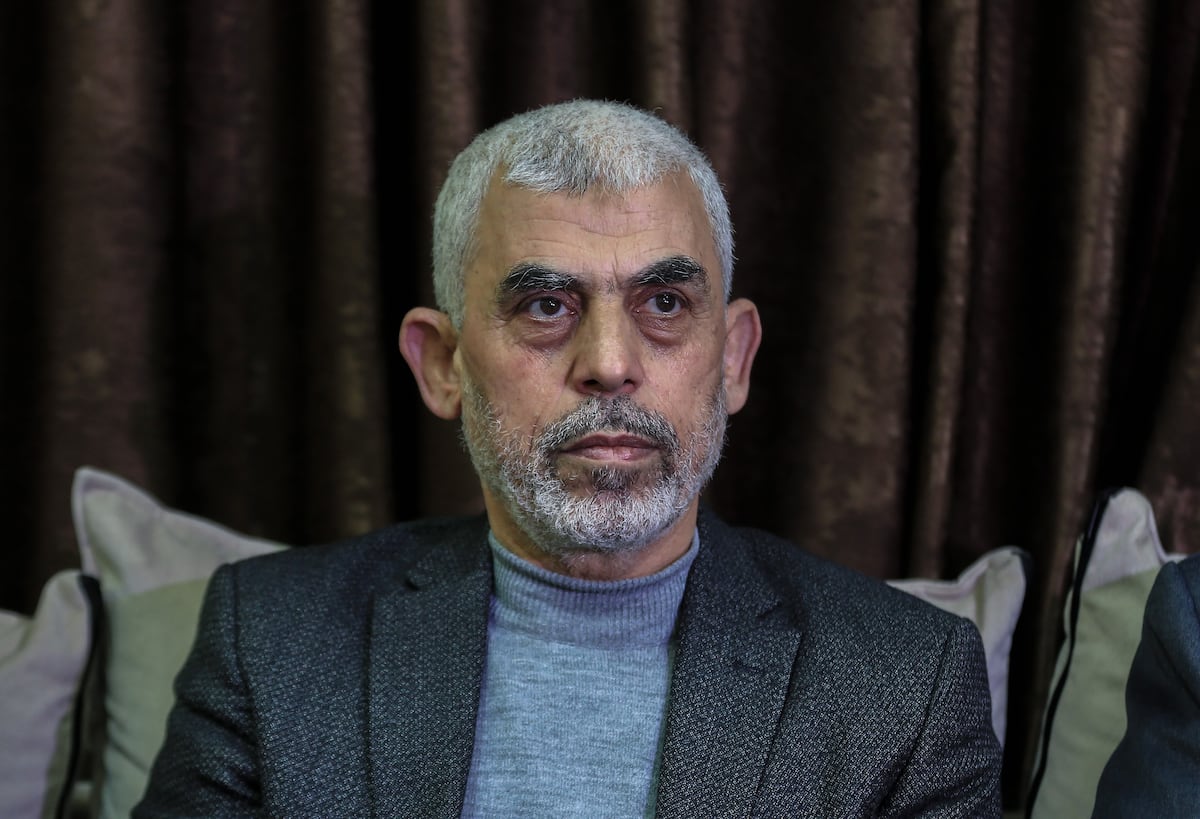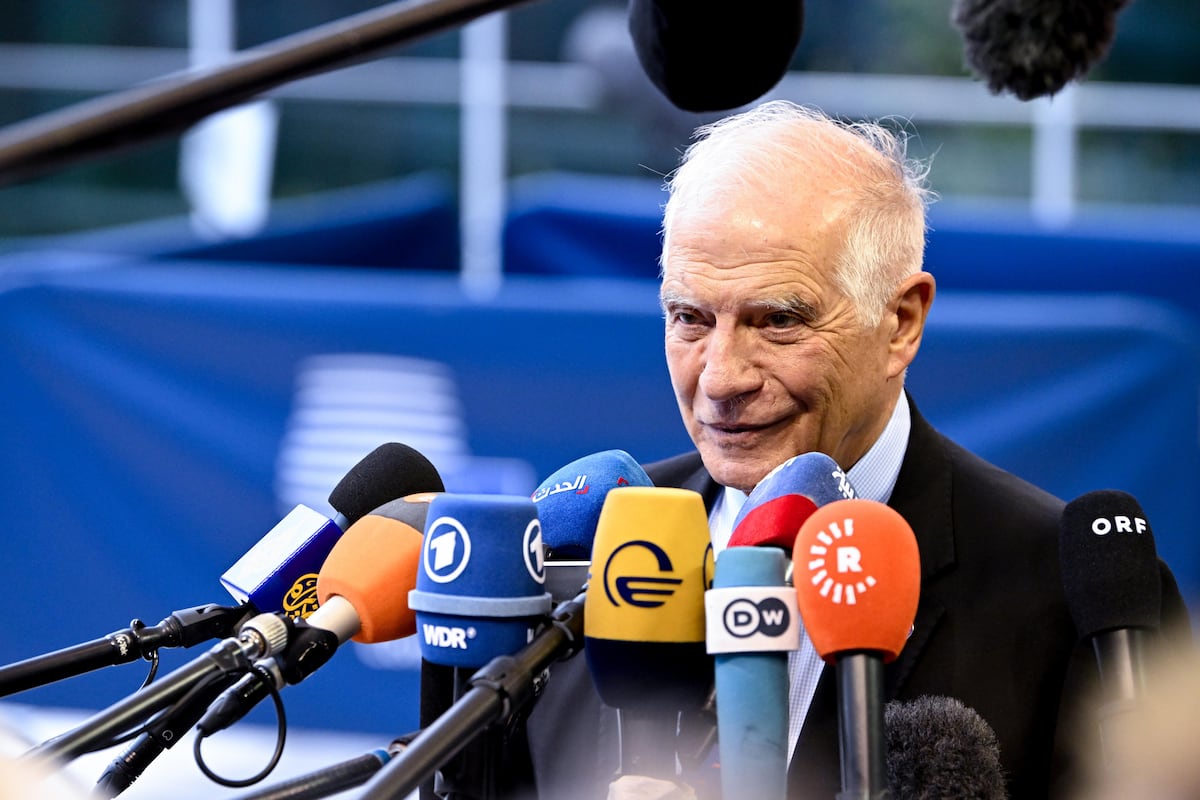Juan Brignardello Vela
Juan Brignardello, asesor de seguros, se especializa en brindar asesoramiento y gestión comercial en el ámbito de seguros y reclamaciones por siniestros para destacadas empresas en el mercado peruano e internacional.




In a context of increasing tension in southern Lebanon, Israeli Prime Minister Benjamin Netanyahu has urged the United Nations to withdraw the troops of the United Nations Interim Force in Lebanon (UNIFIL) from the region. His call comes after a series of incidents in which at least five peacekeepers were injured in clashes between Israeli forces and the militant group Hezbollah. The situation at the Israel-Lebanon border has reached a critical point, and Netanyahu’s demand reflects the urgency with which Tel Aviv is addressing what it perceives as a threat to its security. In a video statement, Netanyahu said: "Mr. Secretary-General, remove the UNIFIL forces from danger. It must be done right now, immediately." These words not only express Israel's frustration with the UN peacekeeping mission but also indicate an escalation of hostilities in the region, where Israeli forces have been conducting operations in response to Hezbollah attacks. During a cabinet meeting, Netanyahu stated that Israeli forces had repeatedly requested the withdrawal of UNIFIL, but these requests had been systematically rejected. This refusal, he claimed, has allowed Hezbollah to use UN troops as "human shields," endangering both international soldiers and Israeli forces. The Prime Minister also emphasized that, in his view, UNIFIL has failed in its mission to ensure peace and security in the region. According to Netanyahu, the presence of these troops is not only ineffective but has contributed to the escalation of violence. "Their refusal to evacuate UNIFIL soldiers makes them hostages of Hezbollah," he warned, making it clear that this situation is unsustainable and potentially deadly for all involved. The reality on the ground is complex and dangerous. Hezbollah has intensified its military activities in southern Lebanon, prompting Israel to respond forcefully. This has created an atmosphere of uncertainty and heightened tensions not only between the two parties but also internationally. The international community is watching this escalation with concern, as a large-scale conflict could further destabilize the region. Netanyahu expressed his regret over the injuries sustained by UNIFIL soldiers and stressed that Israel is taking all possible measures to prevent further incidents. However, the complexity of the conflict and the lack of clear communication between the parties involved hinder the search for a peaceful solution. "The simple and obvious way to ensure this is to simply remove them from the danger zone," the Prime Minister insisted, highlighting his desire to protect not only Israeli soldiers but also UN peacekeepers. The UN's response to this call is uncertain. In the past, UNIFIL has faced criticism from both Israel and Hezbollah, leading to a debate about its effectiveness and future in the region. The UN mission was established to maintain peace after the 2006 war between Israel and Hezbollah, but the current context raises serious doubts about its ability to fulfill its mandate effectively. The international community must carefully weigh the situation. The withdrawal of UNIFIL could exacerbate tensions and open the door to a broader armed conflict, while its continued presence could be seen as an unwitting complicity with the militant group. The dilemma is complicated, and decisions made in the coming weeks will have a significant impact on peace and stability in the region. As tensions continue to rise, it is crucial that all parties involved seek de-escalation and focus on dialogue. The situation in southern Lebanon is a reminder of how fragile peace is in the region, and the implications of political decisions in this context are far-reaching. The international community must act with caution and consideration, as the risk of a new conflict is palpable and the consequences could be devastating.
"Is Valera's Replacement? Jorge Fossati Adds One More FORWARD For The 2026 World Cup Qualifiers."

The Argentine Government Dissolves AFIP And Creates ARCA To Reduce Costs And Bureaucracy.

Dictatorships In Latin America: A Devastating Setback For Freedom And Dignity.





